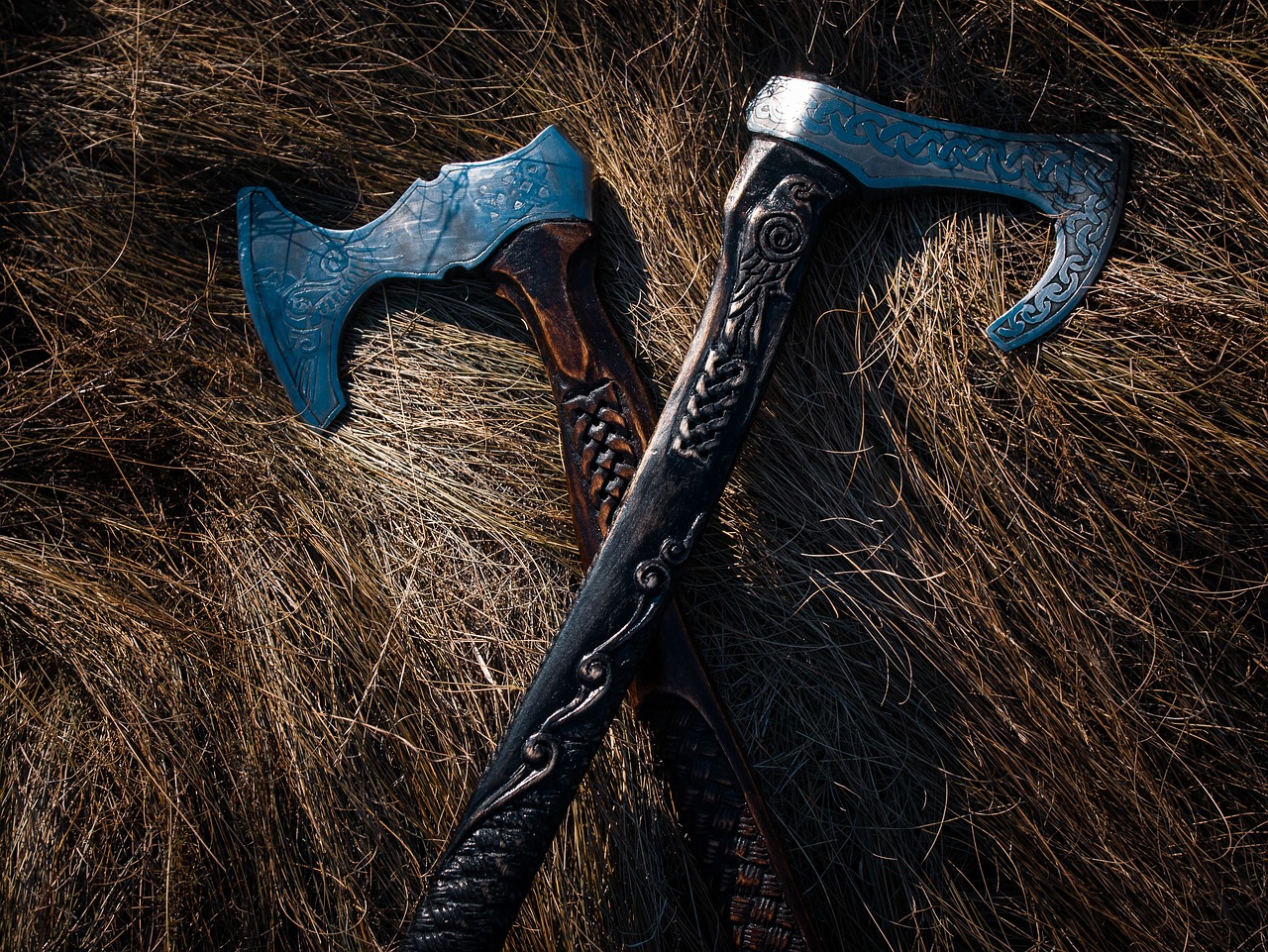
Russia’s stance on Hamas has evolved from jubilation over diverting Western attention from Ukraine. The country has invested heavily in building relations with Hamas allies Iran and Syria, and has given a nod and a wink to Hamas terrorism, which is sometimes executed with Russian weapons. This has stoked the fires of regional conflict, and the Kremlin now confronts the possibility that it too could suffer from the conflagration.
Russian sway in the Middle East has been won with weapons, with Russia having invested heavily in building relations with Hamas allies Iran and Syria since the Cold War. Some of those arms made their way to Hamas, with Russia looking the other way. The Syrian civil war acted as a crucible for Russia’s relationships with Iran, Syria, Hezbollah, and Hamas.
The presence of Russian weapons in Hamas’s arsenal, the relatively cozy relationship, and open praise now coming from Hamas have led to widespread rumours of more significant covert support. Russia is now calling for an unconditional ceasefire, which represents restraint compared to other „axis of resistance” members who are calling for unified Islamic war to eject infidels from the holy land.
Despite Moscow’s longstanding dalliances with Islamist groups, there’s palpable concern over the potential for further chaos and extremism. Russia was the home of more foreign fighters joining ISIS than any other country, and the North Caucasian ethnic groups that formed the bulk of these terrorist recruits are the same people bearing the brunt of the war in Ukraine.






